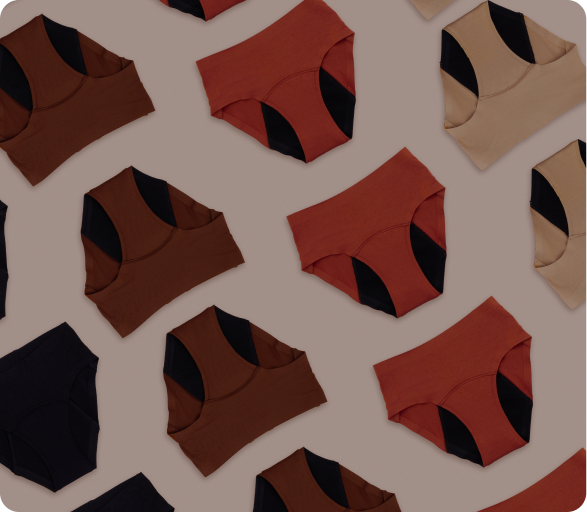Feeling completely drained during your period — like no amount of sleep or coffee can help? It might be more than “just your period.” Many women experience iron deficiency linked to blood loss during menstruation. Let’s break down how periods affect your iron levels, and what you can do to protect your energy and long-term health.
The Link Between Heavy Periods And Iron Deficiency
Heavy menstrual bleeding, or menorrhagia, is a leading cause of iron loss in menstruating individuals. When your body loses more blood than usual during a period, it also loses iron — a vital mineral needed to produce haemoglobin, the oxygen-carrying protein in your red blood cells.
If your iron intake doesn’t keep up, it can lead to iron-deficiency anaemia — the most common form of anaemia. Symptoms include:
- Fatigue and weakness
- Shortness of breath
- Headaches or dizziness
- Pale skin or brittle nails
This condition can affect your daily life, especially if your periods are frequent, long, or involve passing large clots.
Can Iron Deficiency Cause Heavy Or Irregular Periods?
While heavy periods are known to cause iron deficiency, the reverse — iron deficiency causing heavy periods — has limited evidence. A small study from the 1960s suggested this possibility, but it hasn’t been widely supported in recent research.
Likewise, some rare cases link low iron to abnormal or irregular bleeding, but most irregular cycles are due to hormonal imbalances, not anaemia.
Takeaway: If you’re experiencing both heavy bleeding and low iron, one is most likely causing or worsening the other — speak to a healthcare provider to investigate both.
Does Your Period Blood Colour Change With Low Iron?
Blood colour varies for many reasons — flow speed, oxygen exposure, hormonal changes — and isn’t a reliable diagnostic sign. However, pale pink period blood may occur with lighter flow or lower haemoglobin levels. If it persists, it's worth discussing with your doctor.
Signs You Might Have Iron Deficiency During Your Period
Watch out for:
- Bleeding for more than 7 days
- Needing to change tampons or pads every 1–2 hours
- Passing clots larger than a ₹5 coin
- Feeling dizzy, faint, or unusually tired
- Shortness of breath or palpitations
If these symptoms sound familiar, get your haemoglobin and serum ferritin levels tested.
How To Boost Iron During Your Period
1. Eat Iron-Rich Foods
- Leafy greens: drumstick leaves, spinach, parsley
- Dried fruits: apricots, dates, black raisins
- Nuts & seeds: sesame, sunflower, pumpkin
- Whole grains & pulses: millets, rajma, sprouted lentils
- Animal sources: red meat, organ meats (if non-vegetarian)
2. Pair With Vitamin C
Vitamin C helps your body absorb iron. Include:
- Citrus fruits, strawberries
- Bell peppers, broccoli, amla
3. Consider Supplements
If your levels are low, your doctor may recommend:
- Iron tablets or syrups
- Iron + folic acid combinations
- Vitamin C supplements for better absorption
Treating Heavy Periods To Protect Iron Levels
Managing heavy periods is key to preventing iron loss. Medical treatments may include:
- Ibuprofen – to reduce bleeding and cramps
- Hormonal therapy – birth control pills, IUDs, or hormone patches
- Antifibrinolytics – reduce blood loss by stabilising clots
- Iron therapy – tablets, injections, or IV depending on severity
Remember to always consult a doctor before starting any treatment or supplement!
Heavy periods and iron deficiency often go hand in hand, but it doesn't always have to be this way. With the right food, supplements, and support, you can manage both and reclaim your energy. Make sure to never ignore your symptoms. If you're frequently feeling tired or dizzy around your period, speak to your doctor about getting tested for iron deficiency.











